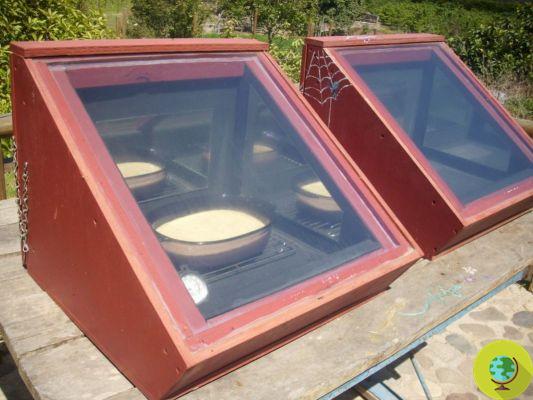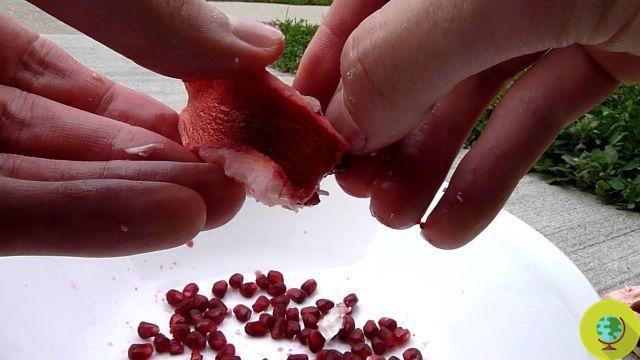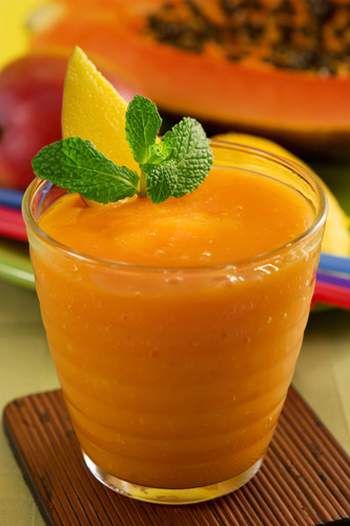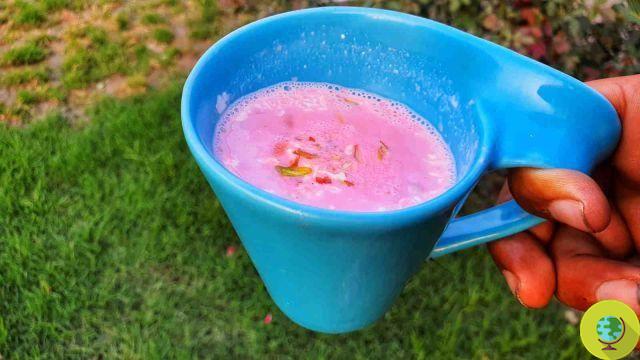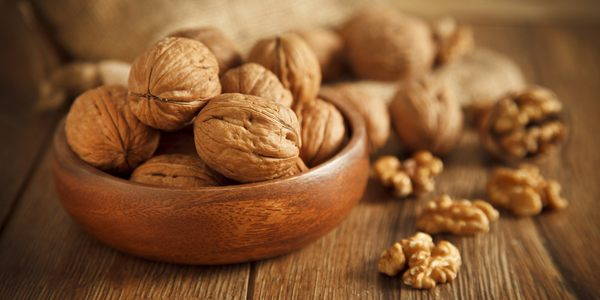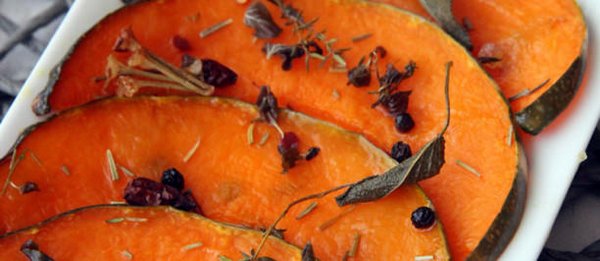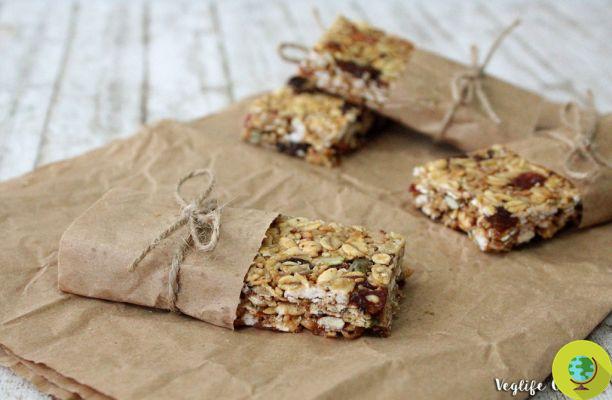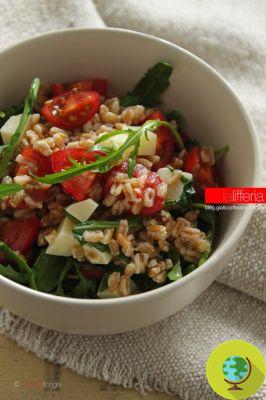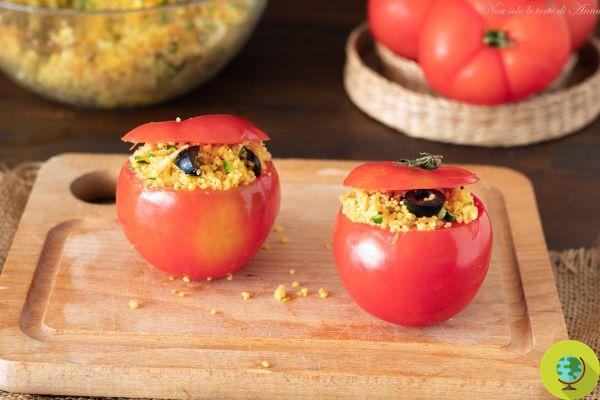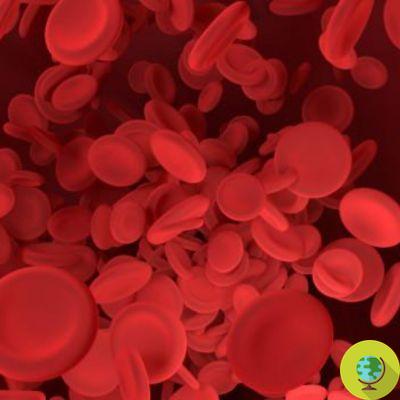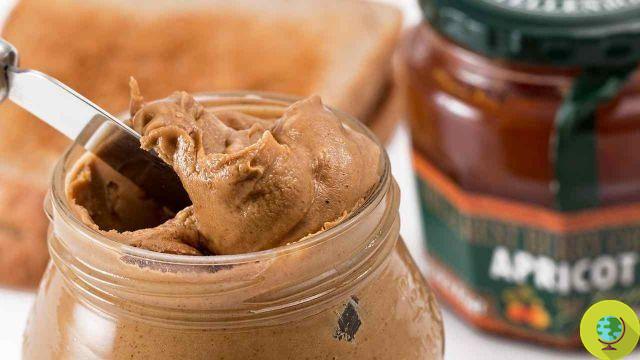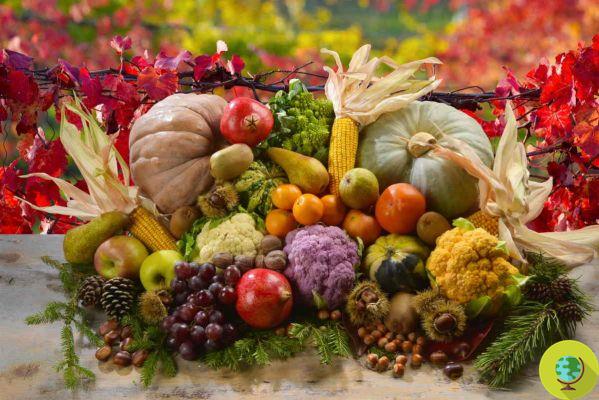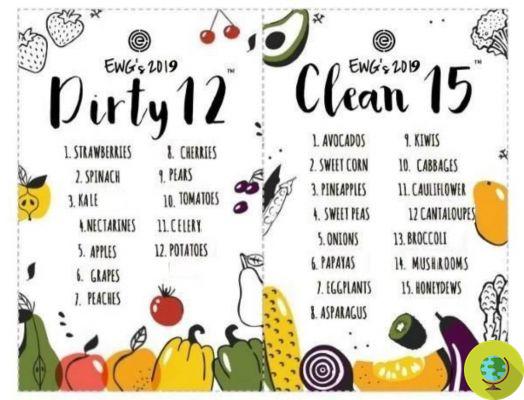Rye is an ancient grain that was already cultivated at least 2000 years ago. At the moment the rye in grain is not very present in our diet but it should be rediscovered since it is rich in beneficial properties.
Don't store avocado like this: it's dangerousLa rye it is an ancient cereal that was already cultivated at least 2000 years ago. At the moment the rye in grain is not very present in our diet but it should be rediscovered since it is rich in beneficial properties.
Best known is the rye flour which is used for the preparation of traditional rye bread or black bread. Rye flour is obtained by grinding rye grains and can be found on sale in organic and local products shops.
The use of rye and rye flour it sees its greatest diffusion in Scandinavia and in Central and Eastern Europe. Rye is also still frequently used as animal feed.
Index
Properties of rye
Rye is among the richest cereals Lysine, an important amino acid for maintaining a balanced diet. Recall that lysine prevails in legumes and is usually lacking in cereals, among which rye is however an exception (together with quinoa and amaranth, which however from a botanical point of view do not belong to the cereal family). Given the importance of lysine, the most common source of which is legumes, vegetarians and vegans are usually advised to consume both whole grains and legumes to obtain complete proteins.
The rye beans that we find on sale especially in organic shops can be ground with an electric mill to obtain the suitable flour to prepare rye bread. We must not forget that rye is not a food suitable for celiacs because contains gluten.
For those who are not celiac or gluten intolerant, rye can represent an interesting alternative to wheat, one of the most present cereals on our tables. Rye is considered a nutritious food since it contains mineral salts, B vitamins, vitamin E, carbohydrates, fibers, proteins and the aforementioned lysine.
It is believed that rye can be a useful food for protect us from cardiovascular disease as it makes the blood thinner and helps keep the arteries elastic.
Read also: RYE FLOUR: properties, BENEFITS AND 5 RECIPES

Nutritional values of rye
Rye is mostly known as source of mineral salts, among which phosphorus, potassium, magnesium, calcium, zinc, copper, manganese and iron are distinguished. It supplies our body with vitamin PP, vitamin E and some B vitamins. such as vitamins B1, B5 and B6.
Read also: SWEET FOCACCIA OF RYE
100 grams of rye contain:
Water 10,95%
Protein 14,76%
Fats 2,50%
Carbohydrates 69,76%
Dietary fiber 14,60%
Minerals 2,00%
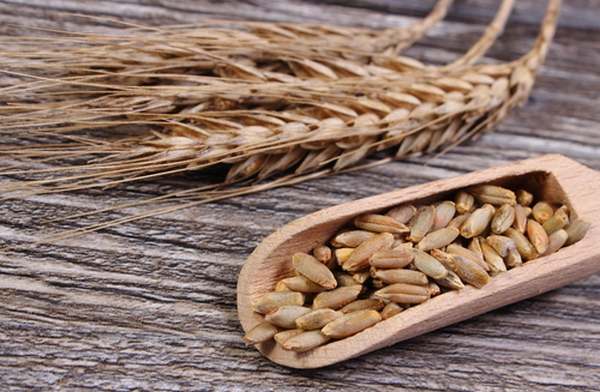
In 100 gr of rye we find the following mineral salts:
Calcium 33,000 mg
Iron 2,670 mg
Magnesium 121,000 mg
Phosphorus 374,000 mg
Potassium 264,000 mg
Sodium 6,000 mg
Zinc 3,730 mg
Copper 0,450 mg
Manganese 2,680 mg
Selenium 0,035 mg
Calories from rye
Rye is a rather caloric cereal. In fact, 100 grams of rye bring about 336 calories. It is an energetic food and for this reason the consumption of rye and rye flour, with particular reference to rye bread, is widespread especially in the winter season and in countries with a cold climate, starting, for example, from Germany.
Contraindications of rye
The consumption of rye and rye flour is not suitable for those suffering from celiac disease and gluten intolerance. Except for particular diets to follow or specific cases of allergies and intolerances, the consumption of rye should not be problematic. A recommendation: before cooking the rye beans should be soaked, as in the case of legumes, for 8-12 hours.
Marta Albè




